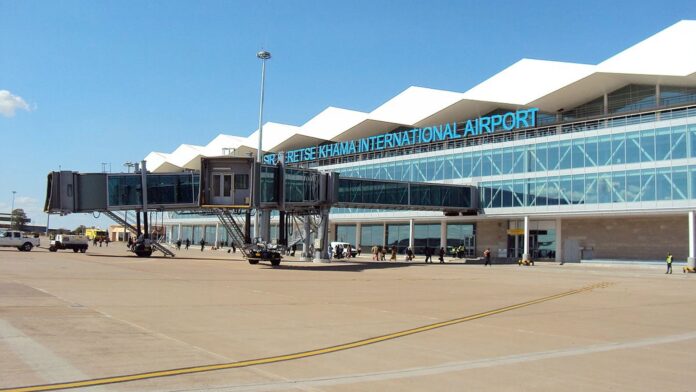Botswana’s economic activity may be showing signs of cooling down, as reflected by a sharp downturn in both rail freight and air travel during the first quarter of 2025. New data from Statistics Botswana paints a concerning picture for two vital segments of the country’s transport infrastructure.
Rail transport saw a 24.1 percent drop in cargo volumes, falling from 259,160 tonnes in Q4 2024 to just 196,637 tonnes in Q1 2025. Revenues also took a hit, plummeting 27.5 percent to P47.5 million. The downturn was broad-based: imports, exports, transit traffic, and local shipments all registered declines. Exports still managed to generate the most revenue—P15.4 million—but this was insufficient to offset the general slump in rail activity.
Meanwhile, the aviation industry also experienced contraction. Aircraft movements dropped by 22.4 percent to 13,745, with domestic operations declining more steeply than international ones. Air passenger traffic mirrored this trend, with total movements falling to 168,933, a nearly 20 percent decrease from the previous quarter. Tourism and business travel, which typically buoy these figures, appear to be slowing, suggesting waning consumer confidence or broader economic pressures.
Motor vehicle license renewals also saw a significant drop, falling 25.6 percent compared to Q4 2024. Passenger cars accounted for nearly two-thirds of renewals, yet even their numbers saw a sharp dip. The overall decline in renewals may hint at reduced economic activity and consumer spending, or deferred compliance due to financial constraints.
While first-time motor vehicle registrations remained relatively stable, bolstered by used car imports from Japan and new vehicles from South Africa, this growth failed to compensate for the broader declines in goods and passenger movement by rail and air.
The across-the-board reductions in rail freight, aircraft traffic, and license renewals suggest that Botswana’s economy may be slowing in early 2025.



